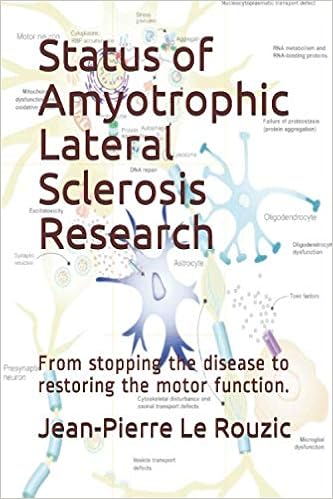Results from the trial showed that NurOwn® was generally well tolerated in this population of rapidly progressing ALS patients.
Yest while showing less progression in the treated group than in the placebo group, the trial did not reach statistically significant results.
The primary endpoint was achieved in 34.7% of NurOwn participants versus 27.7% for Placebo (p=0.453). The high placebo response exceeded placebo responses observed in contemporary ALS trials.
The secondary efficacy endpoint measuring average change in ALSFRS-R total score from baseline to Week 28, was -5.52 with NurOwn versus -5.88 on Placebo, a difference of 0.36 (p= 0.693).
The results are similar to the results of the phase II, as in a subgroup, there were 34.6% responders who met the primary endpoint on NurOwn and 15.6% on Placebo (p=0.288),.
The average change from baseline to week 28 in ALSFRS-R total score was -1.77 on NurOwn and -3.78 on Placebo (p=0.198), an improvement of 2.01 ALSFRS-R points favoring NurOwn. This may not be negligeable for slow progressors.
Cerebrospinal fluid (CSF) biomarker analyses confirmed that treatment with NurOwn resulted in a statistically significant increase of neurotrophic factors and reduction in neurodegenerative and neuroinflammatory biomarkers that was not observed in the placebo treatment group.

